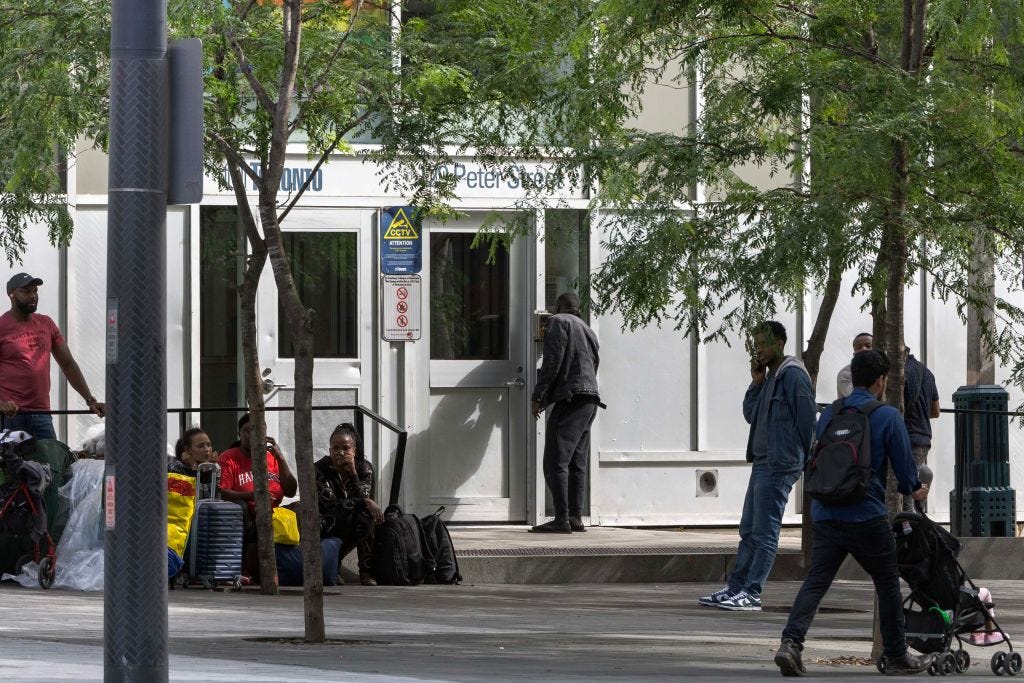The Evolution of Artificial Hearts
The operation that earlier this week gave an American on the brink of death the first self-contained mechanical heart is only the latest development in a long line of artificial heart devices.
The operation is part of a clinical trial using the AbioCor artificial heart. There are four other hospitals participating in the trial. They will also perform the operation later this year. They expect these first implants will only extend the patient's life by 1 month or so.
In Houston, Dr. O.H. Frazier of the Texas Heart Institute will soon be performing the artificial heart implantation on another patient as part of the clinical trial.
He says this is an evolution of the heart device. There has been a small group of scientists working on artificial hearts for years.
Due to the fact that there has been a decline in trauma deaths in this country, there are fewer human hearts to go around, so more people are in need of an artificial one.
Frazier says both the AbioCor and another artificial heart, the Jarvik 2000, are implanted under strict guidelines. The AbioCor device is for people whose hearts are destroyed and are in need of a new heart. This describes 50,000-70,000 Americans annually.
He says it's a totally quiet device that can be powered without piercing the skin. Others in the past made noise, but this one sounds like a natural heart. It is contained within the body. The power comes through the skin and batteries are on the outside. There is one internal battery, which allows patients to be without the external battery for a short period of time (about 1/2 hour).
In 1966, Dr. Michael DeBakey successfully implanted a partial artificial heart. Three years later, a total artificial heart was implanted in a patient by Dr. Denton Cooley. The patient got a heart transplant 3 days later and then died 1 1/2 days later.
It was another 13 years before the next major breakthrough. On December 2, 1982, an artificial heart was implanted in Barney Clark. He lived 112 days after receiving the Jarvik-7. There were several problems associated with the Jarvik-7, such as deaths caused from blood clots and infection. It also required patients to stay constantly tethered to a machine the size of a refrigerator. Other patients went on to receive the Jarvik-7, but only as a temporary device while awaiting heart transplants.
Because of complications with the Jarvik-7, further research led to the development of the L-VAD, which stands for "left ventricular assisted device." It is a heart-assisted pump implanted to help a patient survive while waiting for a heart transplant. It doesn't replace the entire heart, just the function of the left ventricle of the heart, which has the strongest pumping action in the heart. Until recently, they were used strictly as a bridge to a transplant.
Today, the device that is seen as hope for a critically ill heart patient is the AbioCor. It literally replaces the heart. This is a completely interna device that comes with a pack of rechargeable batteries about the size of a VCR tape worn about the waist that will power the heart, transmitting current through the skin without wires. To recharge the battery, it simply needs to be plugged it into an AC outlet. This allows the patient freedom to move about.
Five hospitals around the country are participating in clinical trials with the AbioCor. On Monday, the University of Louisville was the first to implant the device in a human.
The AbioCor was tested in calves and performed well. Lab tests suggest that critical components could last at least 5 years. Unfortunately, the first recipients will have little hope of living that long. These patients are already critically ill and this is their last hope. This device hopes to double their life expectancy to about 60 days.
If the AbioCor can extend their life for 2 months without extreme side effects, the Food and Drug Administration will likely authorize larger trials with helthier subjects. And if those larger studies show that patients receiving the AbioCor consistently outlive those on medication, the FDA will presumably clear it for marketing. No one expects that to happen for several years.
Not everyone is singing the praises of AbioCor. Dr. Patrick McCarthy, a cardiothoracic surgeon at the Cleveland Clinic, says, "It's conceivable that a patient will recover from the surgery but not be very happy with it, and not have anything to look forward to."
©MMII CBS Worldwide Inc. All Rights Reserved. This material may not be published, broadcast, rewritten, or redistributed



